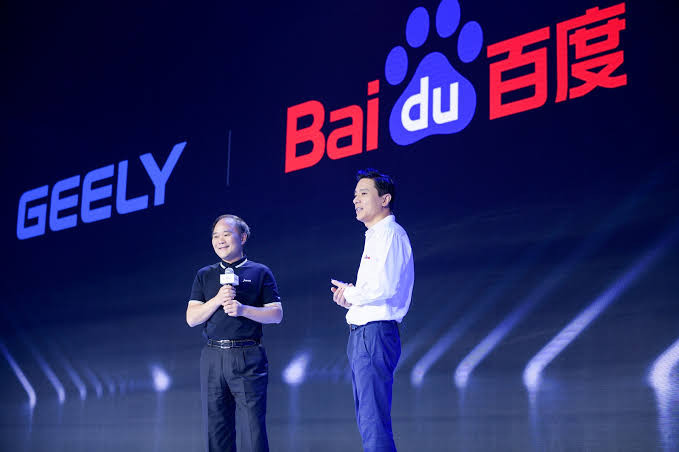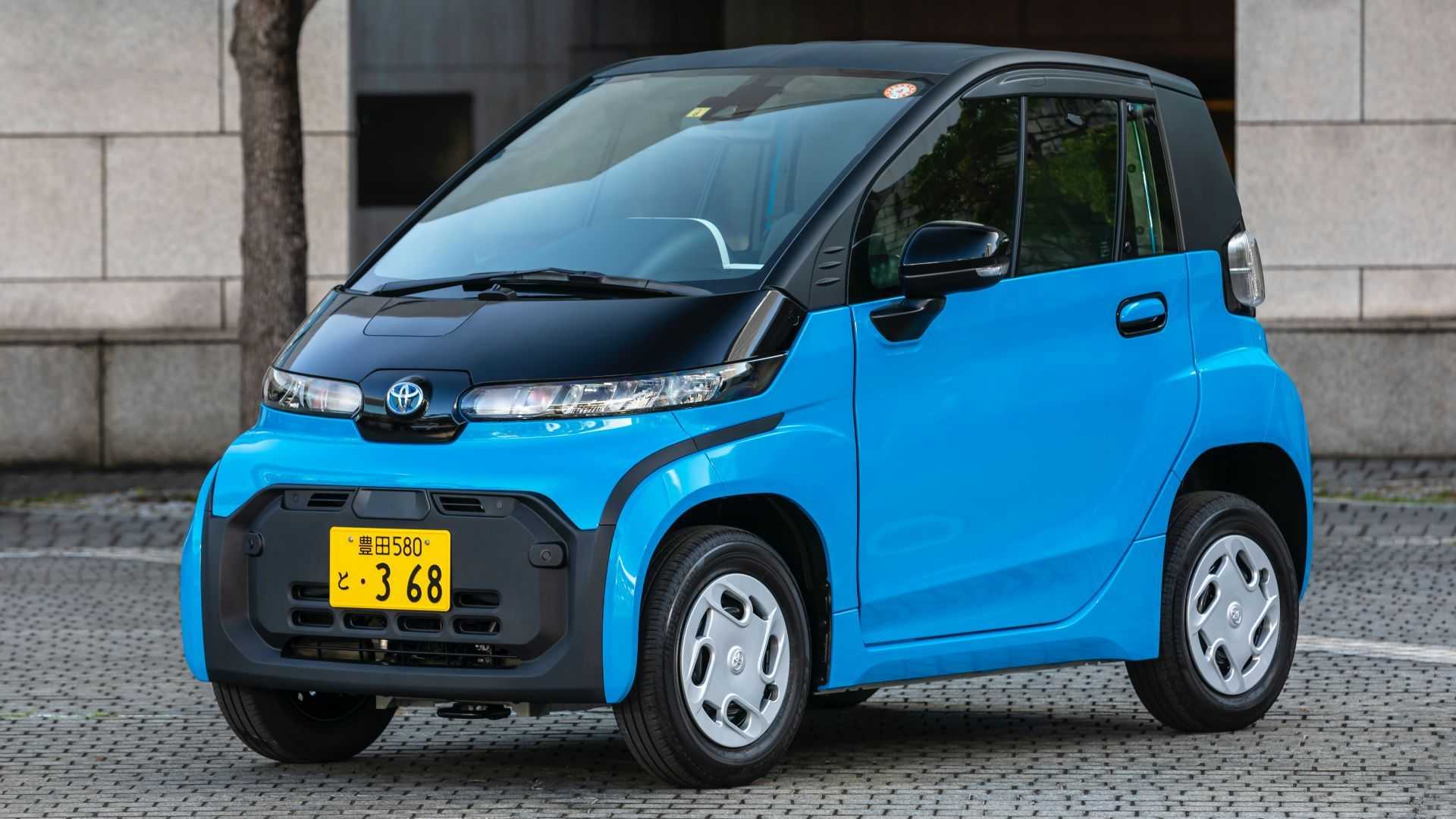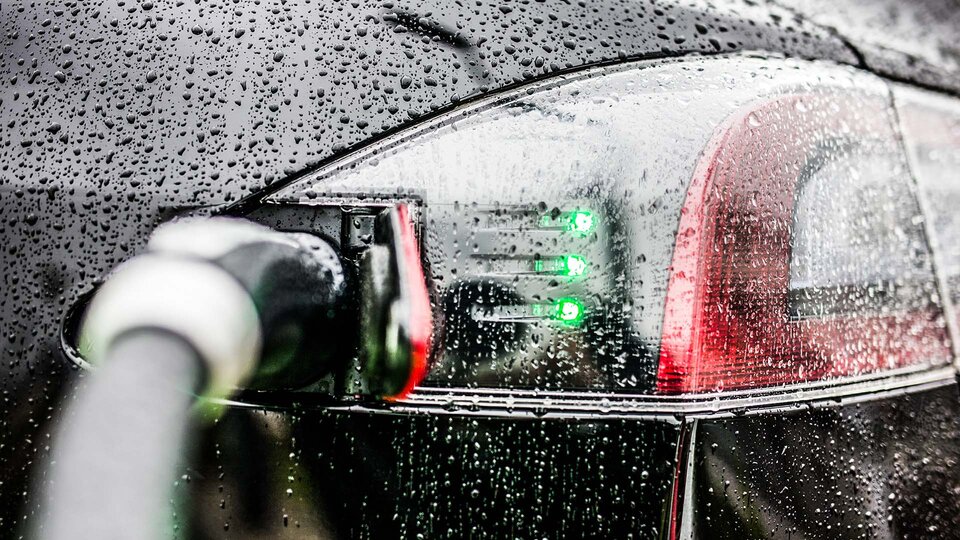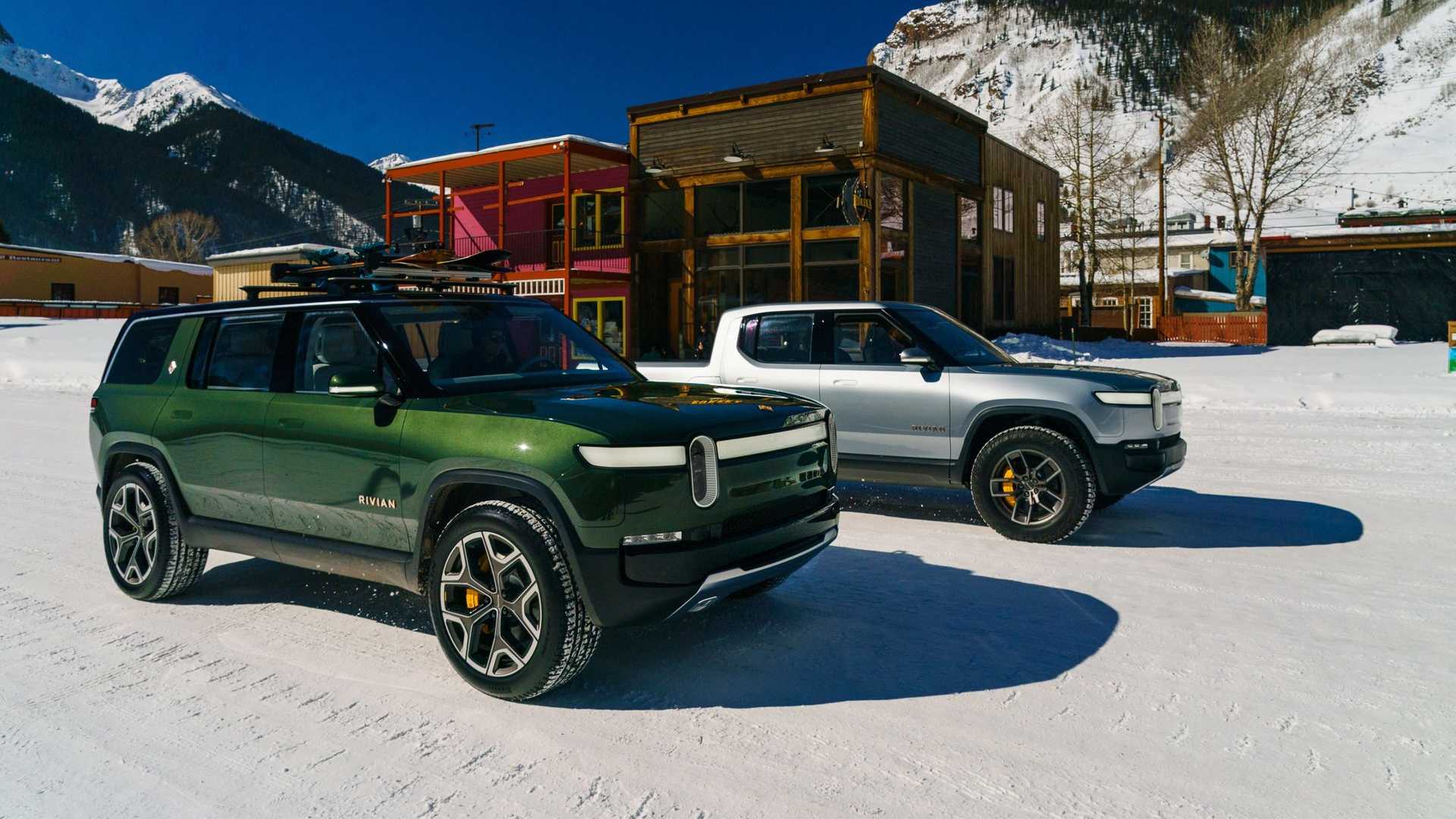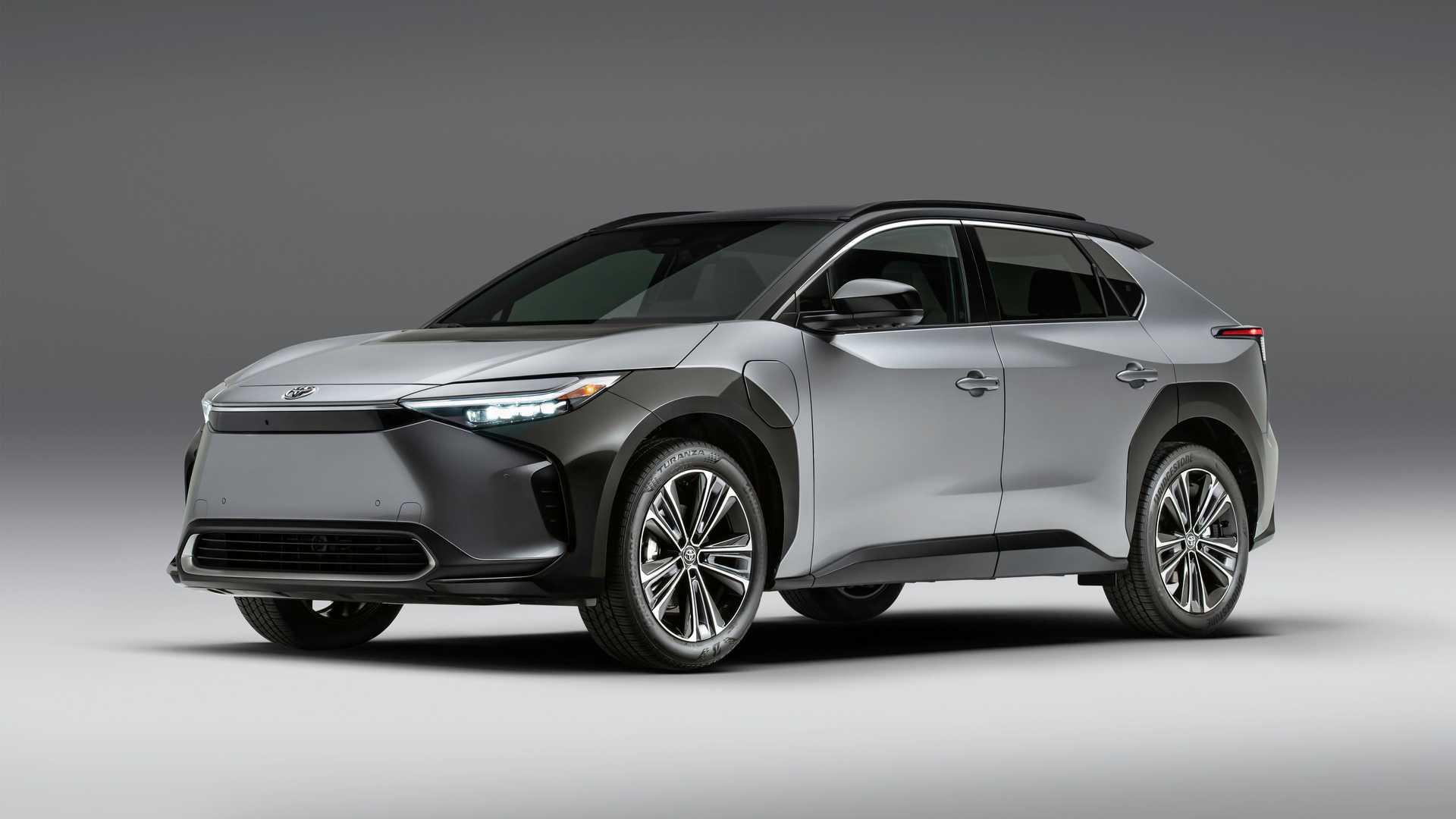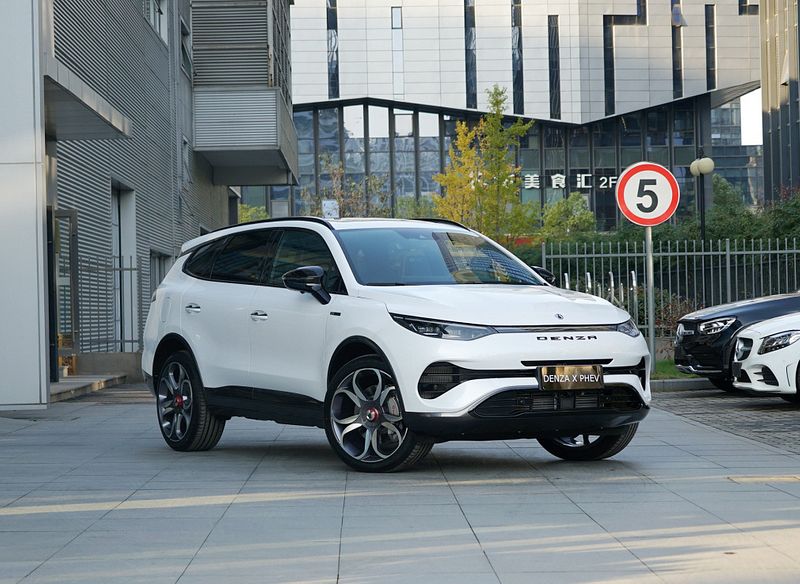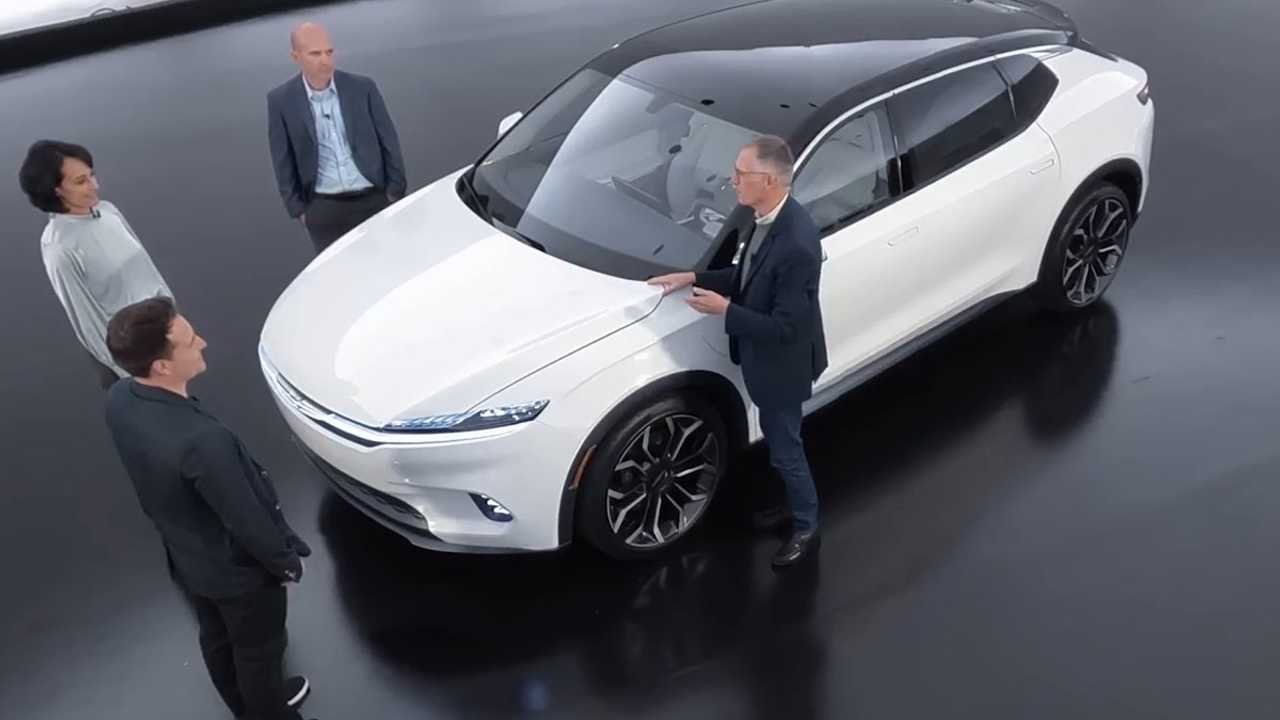JiDU, an electric vehicle joint venture between Chinese tech giant Baidu and carmaker Geely, will unveil its first concept vehicle in early 2022. And, it will ship its first mass-produced “auto robot” by 2023.
According to Baidu’s CEO, Robin Li, just six months after being founded in March this year, the venture has stepped into the intelligent driving and cockpit development stage for SIMU cars. Which is considered a new record in the automotive industry.
The automotive robot, which Baidu considers a future vehicle transportation tool, will demonstrate the three advantages of JiDU’s products.
First, the vehicles will have L4 autonomous driving capabilities to allow them to move freely. Meanwhile, in August this year, Baidu also launched a robocar with L5 autonomous driving capability.
Second, the vehicle can communicate naturally with humans. Thanks to the accurate recognition of human-vehicle interactions. That means vehicles can become smart digital friends. Which can communicate face to face with users and understand user desires.
Third, the robocar is expected to have the ability to learn on its own and repeat itself. So, it can continuously learn user habits and improve user experience based on habit data.
Robin also shared his vision of smart transportation. For Baidu, smart transportation is the result of the deep integration of technologies such as Artificial Intelligence (AI), 5G, and cloud computing into the transportation segment, based on autonomous driving, smart vehicles, and road media.
Smart transportation is expected to reduce traffic accidents by up to 90 percent. The reason is, around 1.35 million people die in traffic accidents every year in the world. And 94 percent of them are caused by human factors, such as inattention, errors in judgment, driving fatigue, and drunk driving.
According to Baidu, as autonomous driving technology develops, vehicles powered by such technology will be safer for humans.
In addition, intelligent transportation can offer solutions to traffic jams. Robin said at the conference that thanks to autonomous driving vehicles, V2X and smart signal control systems, there will be major improvements in traffic efficiency in the next few years.
The company estimates that with this technology, there will be no restrictions on vehicle purchases and traffic restrictions in big cities. Because the problem of congestion will be resolved by itself.
What’s more, autonomous driving and smart transportation can help reduce carbon emissions. Baidu hopes to reduce carbon emissions through vehicles, roads and mobility.
Luobo Kuaipao’s autonomous driving mobility service platform, launched in August this year. The platform offers 115,000 services, making it the world’s largest provider of autonomous mobility services. The company hopes to expand services to 65 cities by 2025 and 100 cities by 2030.
Today, Baidu Apollo has become the world’s most active open autonomous driving platform, with more than 210 partners worldwide.

